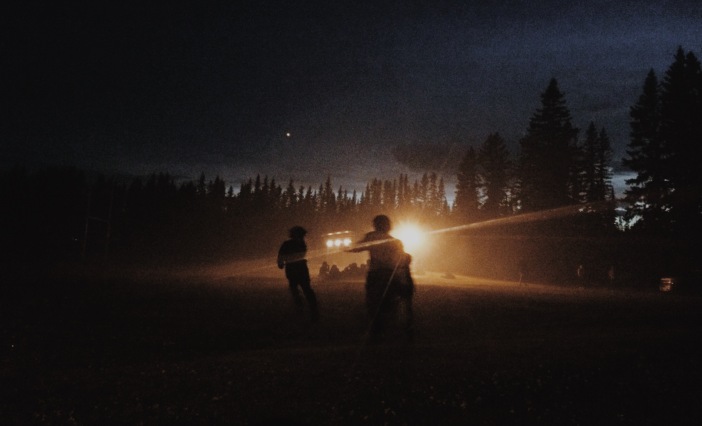How long, O Lord, shall we wait for you?
Until we see your face in glory,
and behold the fruit of your harvest?
Long we have sojourned, strayed and returned;
Are you pleased with our songs?
With the sacrifices of our lips?
Have we waited so long that we have forgotten to wait?
Do we hear you or our own voice?
Do we love you or pretend it is so?
Here we run to and fro and nowhere,
At once charging with trumpet blasts,
At once evading where they lead.
Is this the bride you sealed in love and blood?
Has absence made you fonder?
Or are we fonder of your absence?
Return O Lord, for our frailty is great!
Too quickly we doubt,
Too quickly we forget.
Arise lest we spurn our first love,
Lest like sheep we go astray,
even as the shepherd is within reach.
Once the wind blew and we knew from whence it came,
Once we spoke in tongues of fire,
O that we would burn again!
What became of the former day, when even hell could not prevail?
Are not the sick in need of healing?
Do not the blind still require sight?
If you move, O God I pray we wouldn’t miss it!
Strike the stone that we would drink,
ignite the clouds that we would see.
If you are Lord why then do princes mock?
Why does the victim eat salt for healing?
Why does the predator wander free?
With fear, we hear of wars and rumors of wars.
Come and judge like you have promised!
Darkness falls, come out of hiding!
O God our cries have reached your ears;
So in silence we will trust you,
yet in darkness we will follow.
You reign over calm and hurricane,
Beneath the soil the tree is growing,
its leaves will heal the present wound.
We cannot grasp You, and yet You are.
Infinite upon Your throne,
though invisible you are not far.
Once more the earth will tremble,
The nations will gather in witness,
from east to west they will bow low.
We shout hosanna for the King has come!
Let us remember that we would endure,
let us endure that we would reign.
How long O Lord, shall we wait for you?
Quickly you are coming,
already you are here.
